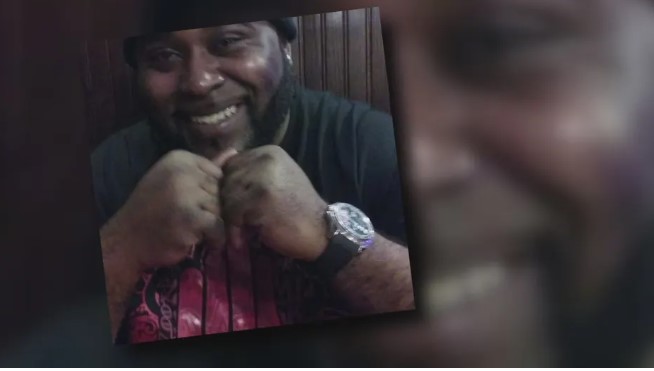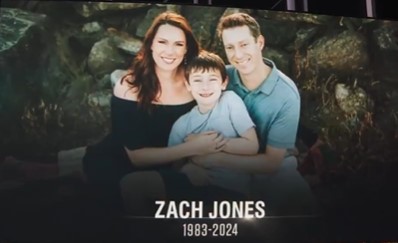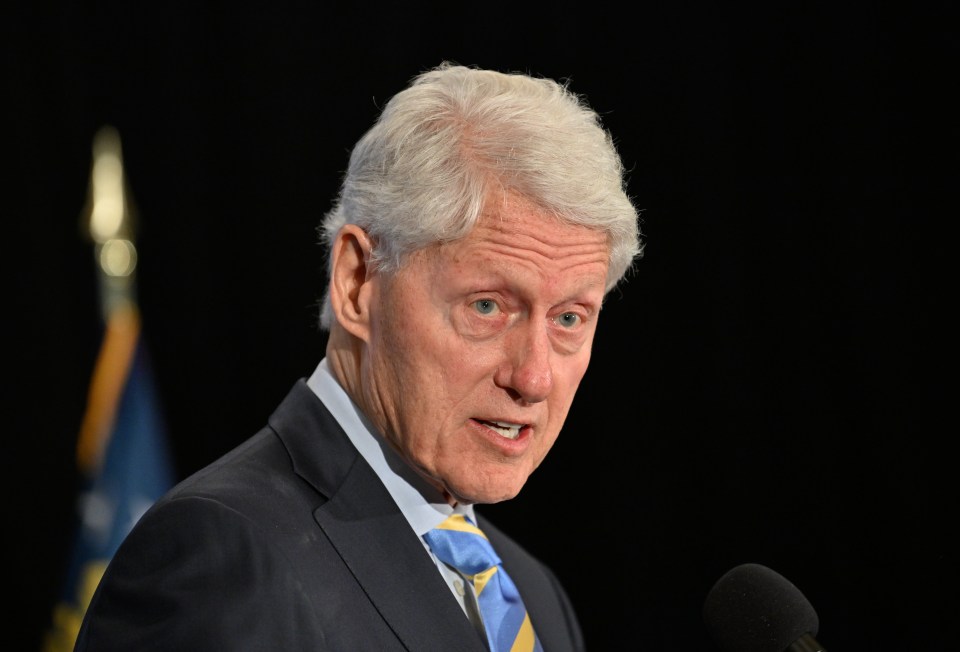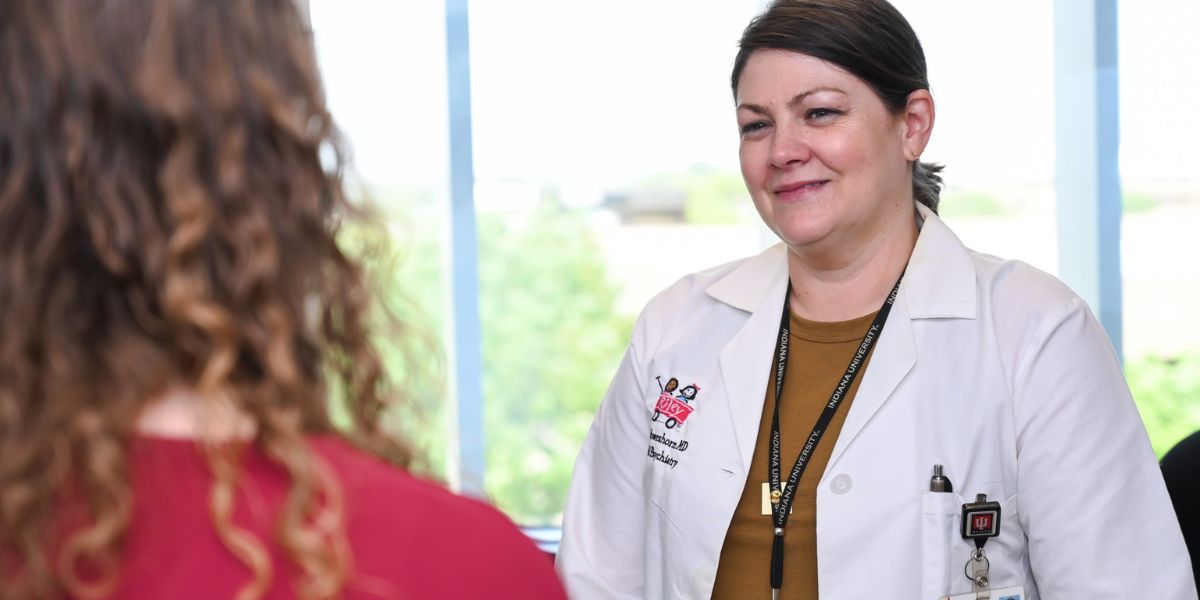Indiana’s Lechleiters Pledge $8 Million to Improve Youth Mental Health Care
The Riley Children’s Foundation in Indianapolis has stated that Sarah and John Lechleiter will give $8 million to make it easier for kids to get mental health care. The promise will help make mental and behavioral health services available in pediatric and primary care offices. It will also help with the shortage of mental health professionals by training interventionists who work under the supervision of more experienced providers.
Finally, it will provide virtual therapy groups based on evidence to help kids, teens, parents, and guardians across the state. At first, Riley Children’s Health will provide mental health services in pediatric and general care offices run by Riley and IU Health. Eight pediatric and general care sites have already started using the program. The last two sites should do the same over the next year.
The Indiana Division of Mental Health and Addiction promised $7.5 million in 2022, but only if the foundation matched the gift. The Lechleiters’ promise completes the match and sets up a $2 million endowment to keep the school going. He was chairman, president, and CEO of Eli Lilly and Company before he retired.
“About half of Indiana children with major depression don’t get treatment, and half of adults with long-term mental illnesses first showed signs before they were 14,” said Leslie Hulvershorn, who is in charge of child and adolescent psychiatry at Riley Children’s Health and chairs the Department of Psychiatry at Indiana University School of Medicine.
“With this gift, we’re sure that the integrated care approach will give primary care providers the help they need as they deal with the crisis and give kids and teens who might not be able to get care otherwise access to effective, evidence-based therapies.”
“Our kids will guide us in the future.” “We want all Indiana children to live the healthiest and happiest lives possible, in every way,” the Lechleiters said in a statement. “One of the most important problems we face as a state is the rise in mental health problems among young people.
We are glad to be able to help find real solutions that will make it easier for people to get care soon.” We hope that this gift also brings attention to the urgent need for more mental health resources and inspires others to think about giving to this cause.










